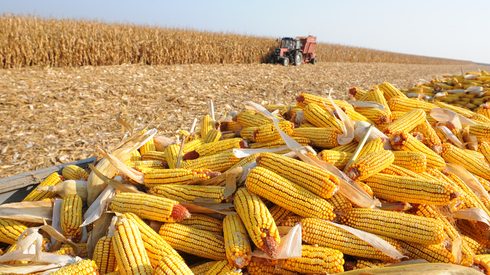Argentina’s crushing industry is currently working with an idle capacity of 46%, up three percentage points versus an average of 43% last year, according to a new study by local oilseed crushing and exporters chamber Ciara-CEC.
The new monthly study highlighted that current idle capacity is at its highest level since 2015.
In 2016, the industry had operated with an average idle capacity of just 27%, Ciara-CEC reported.
“The higher the idle capacity, the higher the share of fixed costs in the overall cost structure. Namely, it costs more to process a tonne of soybeans. And it is possible that the industry must pay less to the producer for soybeans, to offset the higher production cost and avoid crushing with negative margins,” the entity said.
According to the report, the sector crushed a total of 6.07 million mt of soybean in the January-February period.
Ciara also highlighted that, conversely, shipments of soyoil exports strongly rebounded during January (664,272 mt) and February (418,906 mt), totaling 1,083,178 tons in the first two months of the year.
“This figure is an absolute historical record for the period, which responds to the strong demand for soyoil worldwide and the recovery of shipments after December, when the agro-export port activity was seriously affected by several strike actions carried out by unions.”
In the soy meal segment, shipments in the first two months of the year amounted to 4.26 million mt.
According to the latest report by the USDA, Argentina’s crushing industry is forecast to crush 40.2 million mt in the current crop, down compared to 38.77 million mt in the previous cycle.





